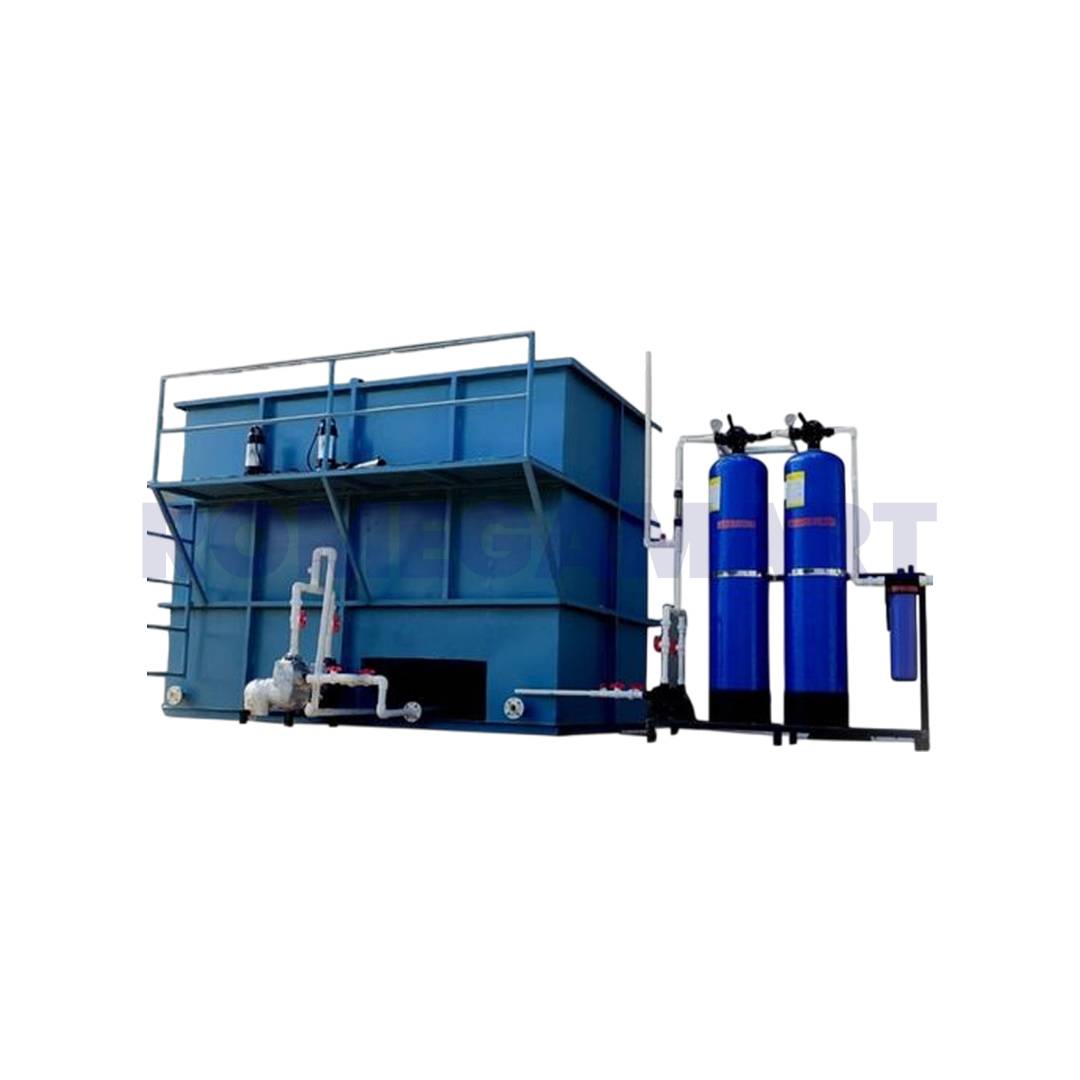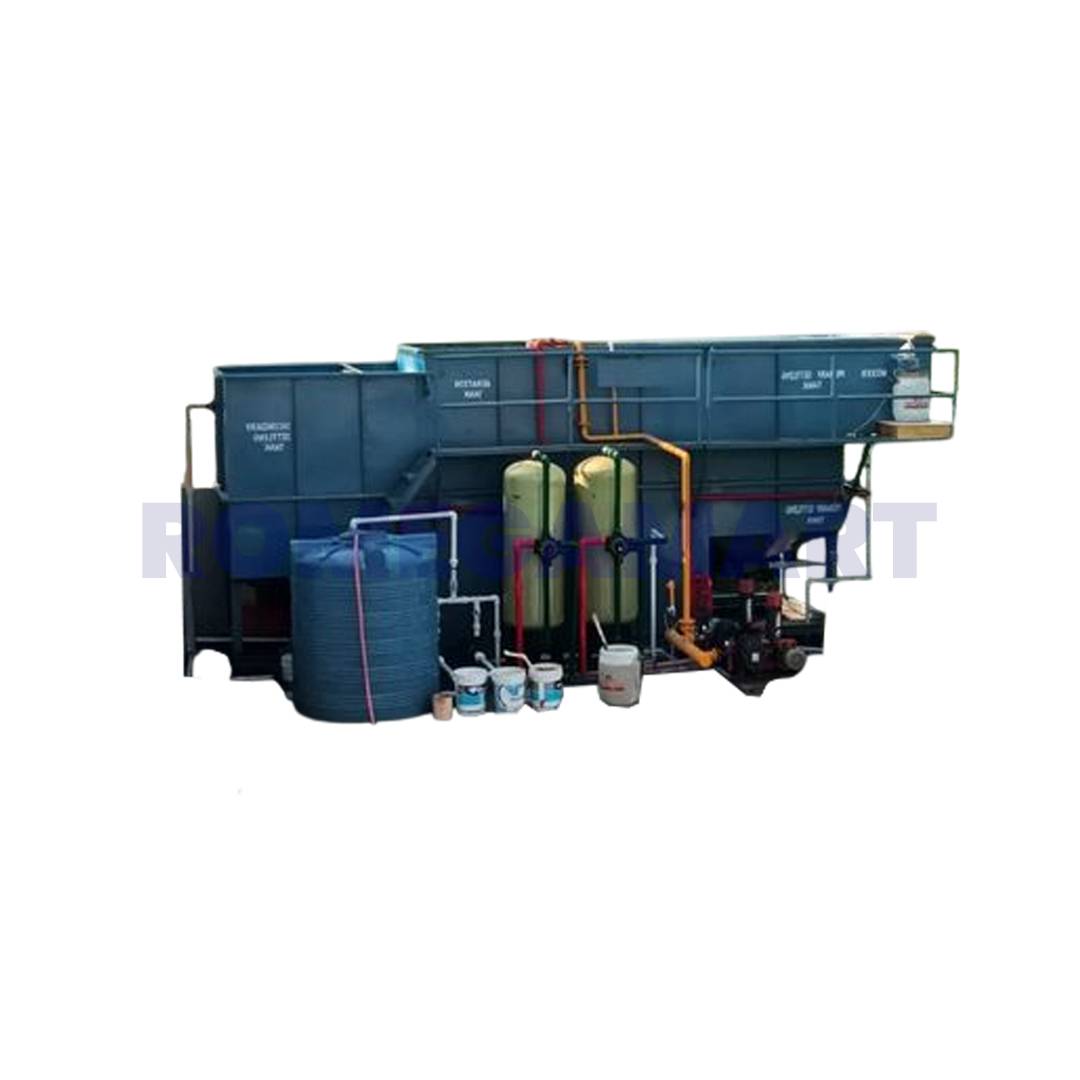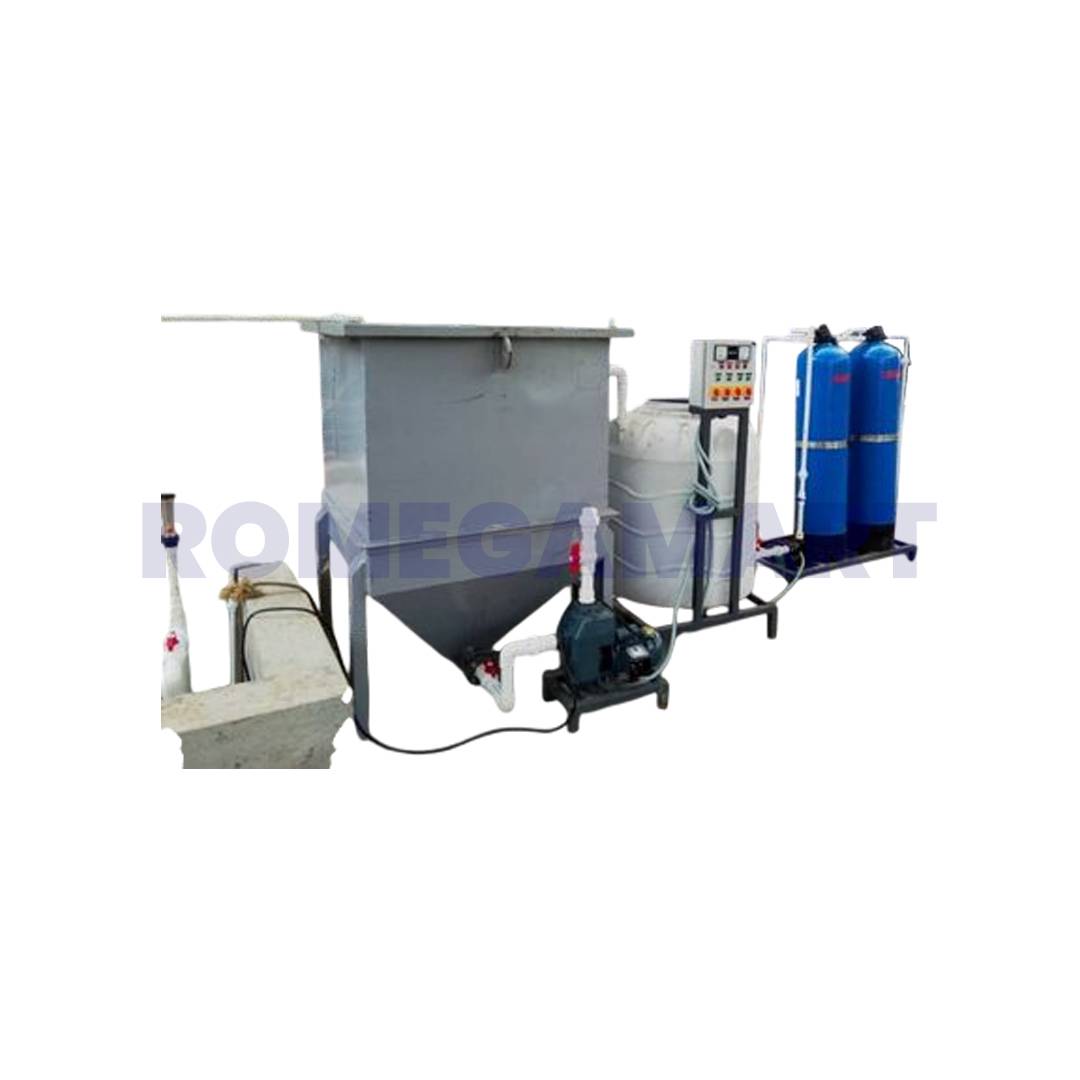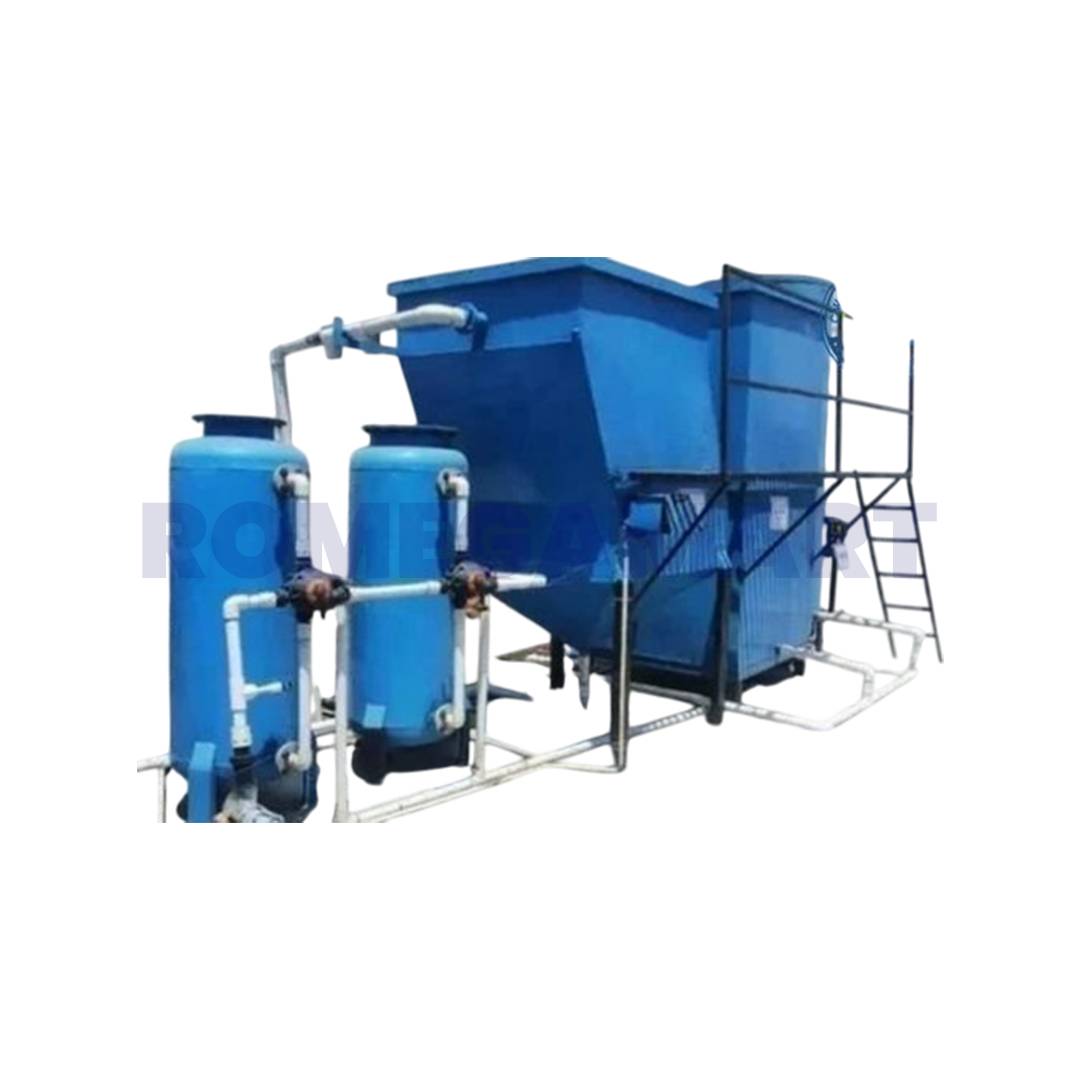ETP Plant – Effluent Treatment Solutions
ETP Plant – Efficient Industrial Effluent Treatment Solutions
As environmental regulations in India become increasingly stringent , installing a authentic ETP ( Effluent Treatment Plant ) is no longer optional— it’ s essential for industries that generate wastewater. At Romegamart , we provide advanced ETP systems designed for efficiency , regulatory compliance , and cost effective operation. Our plants are ideal for a wide range of industries , including textiles , pharmaceuticals , food processing , chemicals , and hospitals.
What is an ETP Plant ?
An ETP ( Effluent Treatment Plant ) is a system that treats industrial wastewater to remove contaminants such as oils , chemicals , heavy metals , suspended solids , and biological matter. The treated water can then be safely discharged into the environment or reused for secondary purposes , helping industries reduce pollution and operate sustainably.
How an ETP Plant Works
ETP plants typically combine physical , chemical , and biological treatment stages to ensure complete purification :
-
Screening & Equalization : Removes large solids and balances flow and pollutant load.
-
pH Correction & Chemical Treatment : Neutralizes acidity or alkalinity and coagulates suspended particles.
-
Clarification & Biological Treatment : Settles sludge and uses bacteria to break down organic matter.
-
Filtration & Disinfection : Sand and carbon filters , UV or chlorine disinfection ensure safe , treated water.
-
Sludge Management : Dewatering and proper disposal of residual sludge.
This multi stage process guarantees that the water leaving your plant meets CPCB/SPCB standards.
Applications of ETP Plants
Romegamart ETPs are widely used across industries and facilities :
-
Hospitals and healthcare centers
-
Textile and dyeing units
-
Pharmaceutical and chemical industries
-
Food and dairy processing plants
-
Hotels , resorts , and commercial buildings
Factors Affecting ETP Plant Cost
The cost of an ETP plant depends on :
-
Daily effluent volume ( KLD or m³ /day )
-
Type and concentration of pollutants
-
Level of automation ( manual , semi auto , PLC )
-
Sludge handling methods ( filter press , drying beds )
-
Site layout and civil work requirements
Romegamart offers customized solutions and turnkey support— from design to commissioning— ensuring compliance and optimal efficiency.
Why Choose Romegamart for Your ETP Plant
-
Turnkey solutions from 1 KLD to 500+ KLD
-
BIS/ISO certified components
-
In house design and ready to deploy plant layouts
-
AMC , performance audits , and remote support
-
Complete documentation for regulatory approvals
FAQs About ETP Plants
Q1 : What is the difference between STP and ETP ?
STP treats domestic sewage , whereas ETP handles industrial effluent containing chemicals and heavy metals.
Q2 : How is ETP capacity calculated ?
Capacity depends on daily effluent generation. A water audit or flow measurement helps determine the right size.
Q3 : What chemicals are used in ETP plants ?
Common chemicals include coagulants like alum and PAC , pH adjusters , chlorine for disinfection , and de foaming agents.
Conclusion :
A well designed ETP Plant not only ensures compliance with environmental regulations but also protects natural resources and supports sustainable operations. Whether you need a compact 5 KLD system or a 200 KLD industrial setup , Romegamart delivers efficient , long lasting , and cost effective ETP solutions across India.




































